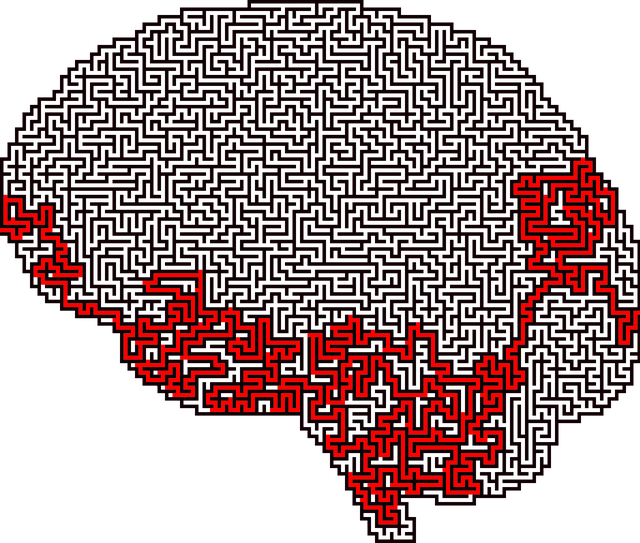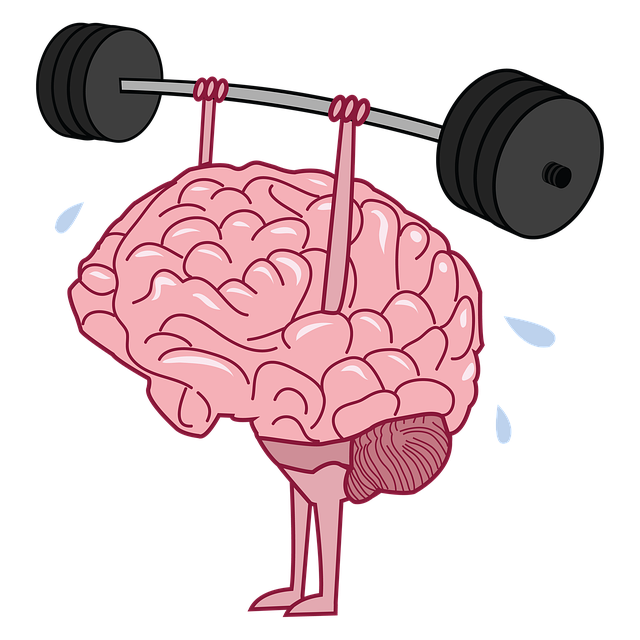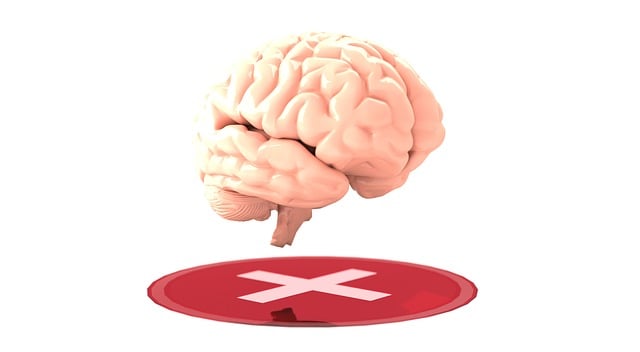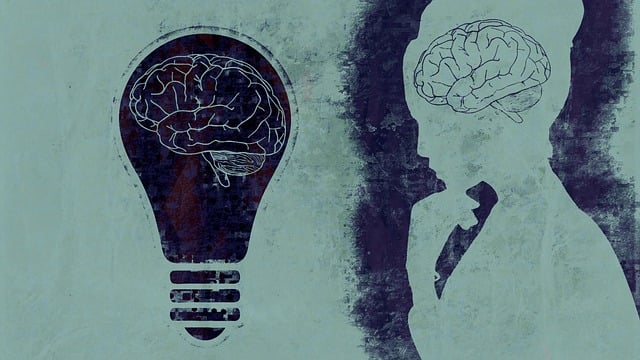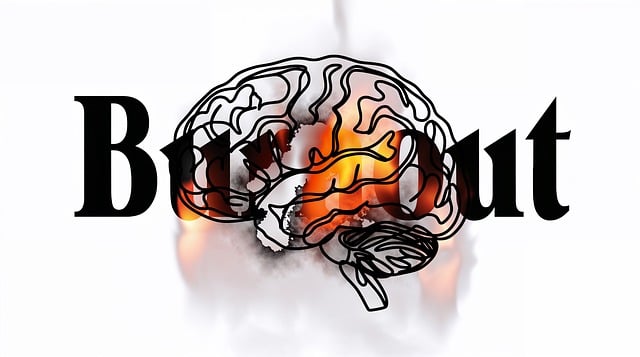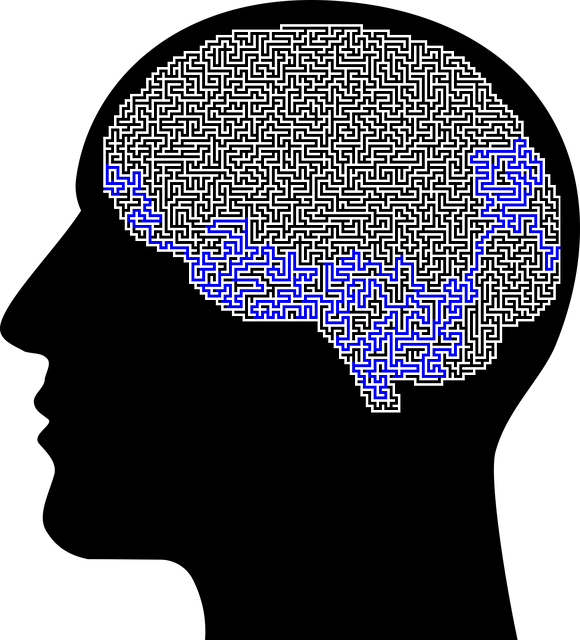Mental wellness is vital for daily life, and its decline can cause significant challenges impacting productivity and quality of life. Stressors like work or personal issues can trigger conditions like Northglenn Panic Disorder and Anxiety Attacks. Self-care practices like journaling promote self-esteem improvement and stress reduction, empowering individuals to manage anxiety. Journaling provides emotional release, enhances emotional regulation skills, and reduces mental illness stigma. Dedicated safe spaces for journaling, coupled with therapy focused on personalized coping strategies and cultural sensitivity, offer a comprehensive approach to Northglenn Panic Disorder and Anxiety Attacks Therapy, fostering resilience and improved emotional well-being.
“Unwind your mind and embark on a journey of self-discovery with mental wellness journaling. This powerful exercise, especially beneficial for those managing conditions like Northglenn Panic Disorder and Anxiety Attacks Therapy, offers a safe space to process emotions and track progress.
In this guide, we explore the impact of mental wellness on daily life and uncover the therapeutic benefits of journaling. Learn how to create a personalized practice, set intentions, and overcome challenges to nurture your mental health.”
- Understanding Mental Wellness and its Impact on Daily Life
- The Power of Journaling as a Therapeutic Tool
- Creating a Safe Space: Setting Up Your Journaling Practice
- Strategies for Tracking Progress and Overcoming Challenges with Northglenn Panic Disorder and Anxiety Attacks Therapy
Understanding Mental Wellness and its Impact on Daily Life

Mental wellness is a vital aspect of overall health, encompassing our emotional, psychological, and social well-being. It affects how we think, feel, and act in daily life, influencing our ability to cope with stress, make choices, and relate to others. When mental wellness is compromised, it can lead to various challenges that impact our productivity, relationships, and overall quality of life. For instance, conditions like Northglenn Panic Disorder and Anxiety Attacks significantly impair daily functioning, making even simple tasks daunting.
Understanding the intricate relationship between mental wellness and our daily experiences is crucial. Stress, a common factor in many mental health issues, can be exacerbated by demanding work or personal lives, leading to increased anxiety and potential triggers for disorders like panic attacks. By recognizing these connections, individuals can actively engage in self-care practices, such as journaling, that promote Self-Esteem Improvement and effective Stress Reduction Methods. This proactive approach empowers people to take control of their mental wellness and seek appropriate therapy when needed, ensuring a healthier, more balanced life.
The Power of Journaling as a Therapeutic Tool

Journaling has emerged as a powerful therapeutic tool for individuals seeking to manage and overcome mental health challenges, including Northglenn Panic Disorder and Anxiety Attacks. By putting pen to paper, one can engage in self-reflection and emotional release, which are essential components of healing. This practice allows people to explore their thoughts, feelings, and experiences in a safe and private space, fostering better understanding of themselves and their conditions.
Through consistent journaling, individuals can develop improved emotional regulation skills, enabling them to navigate stress and anxiety more effectively. It helps break the cycle of negative thinking patterns often associated with mental illness while also serving as a valuable record of progress over time. These written records can be instrumental in Mental Illness Stigma Reduction Efforts, providing tangible evidence of resilience and personal growth.
Creating a Safe Space: Setting Up Your Journaling Practice

Creating a safe space is an essential step in establishing your journaling practice as a powerful tool for mental wellness. This process involves carving out a dedicated area where you can express yourself freely and without fear of judgment. In the context of managing Northglenn Panic Disorder and Anxiety Attacks, having a safe haven for self-reflection can be transformative. Personalize your space by surrounding yourself with items that bring comfort and peace; this could be soft lighting, plants, or even a favorite quote.
Remember, the goal is to foster an environment conducive to introspection and healing. Journaling offers individuals a means to track their emotions, thoughts, and progress over time. It encourages self-awareness, fosters inner strength development, and can be an effective complement to therapy, including Northglenn Panic Disorder and Anxiety Attacks treatment and Social Skills Training. Your safe space becomes a sanctuary where you can engage in regular journaling sessions, allowing for honest self-expression and the cultivation of resilience.
Strategies for Tracking Progress and Overcoming Challenges with Northglenn Panic Disorder and Anxiety Attacks Therapy

Tracking progress and overcoming challenges with Northglenn Panic Disorder and Anxiety Attacks Therapy involves a multi-faceted approach tailored to individual needs. Regularly reviewing journal entries allows individuals to identify patterns in their anxiety triggers, enabling them to develop personalized coping strategies. By setting specific and measurable goals, such as reducing the frequency or intensity of panic attacks, individuals gain a sense of accomplishment and stay motivated throughout the therapy process.
Cultural sensitivity in mental healthcare practice plays a crucial role in addressing Northglenn Panic Disorder and Anxiety Attacks. Therapists should foster an environment where individuals feel comfortable discussing their experiences without fear of judgment. Incorporating emotional well-being promotion techniques, such as mindfulness exercises and stress management strategies, enhances emotional intelligence and equips individuals with valuable tools to navigate challenging situations. Through open communication and a supportive framework, therapy becomes a safe space for individuals to explore and overcome their anxiety, ultimately improving their overall emotional well-being.
Mental wellness journaling can be a transformative practice, offering individuals like those facing Northglenn Panic Disorder and Anxiety Attacks Therapy a safe space for self-reflection. By combining the therapeutic benefits of writing with strategies outlined in this guide, one can gain valuable insights into their mental health journey, track progress, and develop coping mechanisms. Embracing this simple yet powerful tool may just be the key to enhancing overall well-being and navigating life’s challenges with greater resilience.
